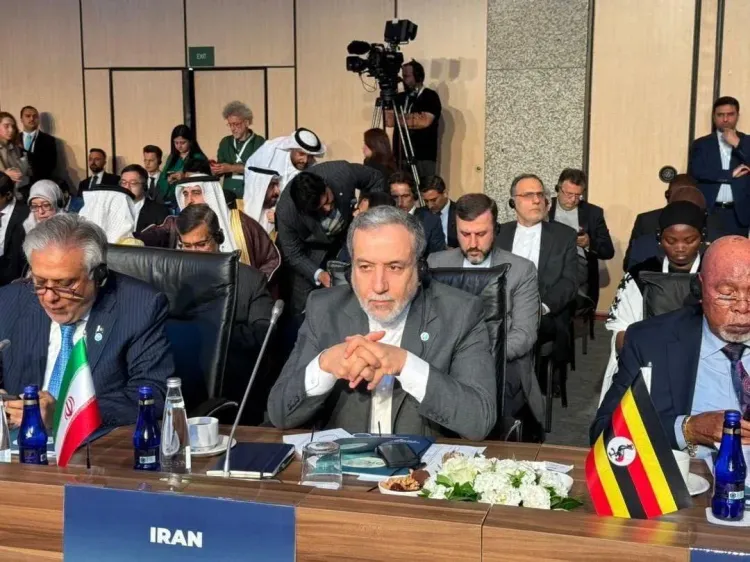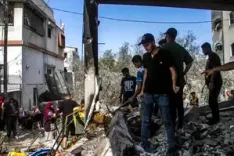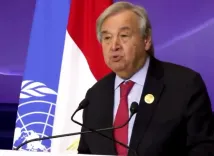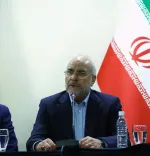Did Iran Make Any Agreement to Resume Talks with the US?

Synopsis
Key Takeaways
- No agreements have been made to resume talks between Iran and the US.
- The Iranian government prioritizes national interests in its decision-making.
- A law suspending cooperation with the IAEA is now binding.
- The conflict with Israel has resulted in significant damage and casualties.
- Reparations are a major concern for the Iranian government.
Tehran, June 27 (NationPress) Iran's Foreign Minister Seyed Abbas Araghchi stated that no arrangement or commitment has been established to renew discussions with the United States. This announcement comes amidst escalating tensions following attacks by Israel and the United States on Iranian soil.
In a conversation with state broadcaster IRIB, Araghchi remarked on Thursday that the possibility of resuming talks is being evaluated but hinges on whether Tehran's national interests are safeguarded, according to Xinhua news agency.
"Our decisions will be based solely on Iran's interests," he asserted. "If our interests necessitate a return to negotiations, we will contemplate it. However, at this juncture, no agreement or commitment has been established and no discussions have occurred."
Araghchi accused Washington of deceiving Iran during prior negotiations aimed at revitalizing the 2015 nuclear pact and alleviating US sanctions.
The Iranian official confirmed that a law suspending collaboration with the United Nations nuclear watchdog is now binding, having been passed by parliament and ratified by the Guardian Council, which oversees constitutional matters.
"The law is now mandatory and will be enacted. Our cooperation with the IAEA will take a new format," he stated.
He also mentioned that the repercussions from the 12-day conflict with Israel were "serious," with experts from the Atomic Energy Organization of Iran currently conducting an in-depth evaluation. Addressing reparations has become a significant concern for the government.
The hostilities began on June 13 when Israel executed airstrikes on various Iranian sites, including military and nuclear installations, resulting in the deaths of several senior commanders, nuclear scientists, and civilians. These assaults occurred just days before indirect nuclear negotiations between Iran and the United States were scheduled to restart in Muscat, Oman, on June 15.
In retaliation, Iran launched a series of missile and drone attacks on Israel, inflicting casualties and damage.
On Saturday, the US Air Force targeted three crucial Iranian nuclear sites. In response, Iran fired missiles at the US Al Udeid Air Base in Qatar on Monday.
The 12-day conflict concluded with a ceasefire between Iran and Israel on Tuesday.









